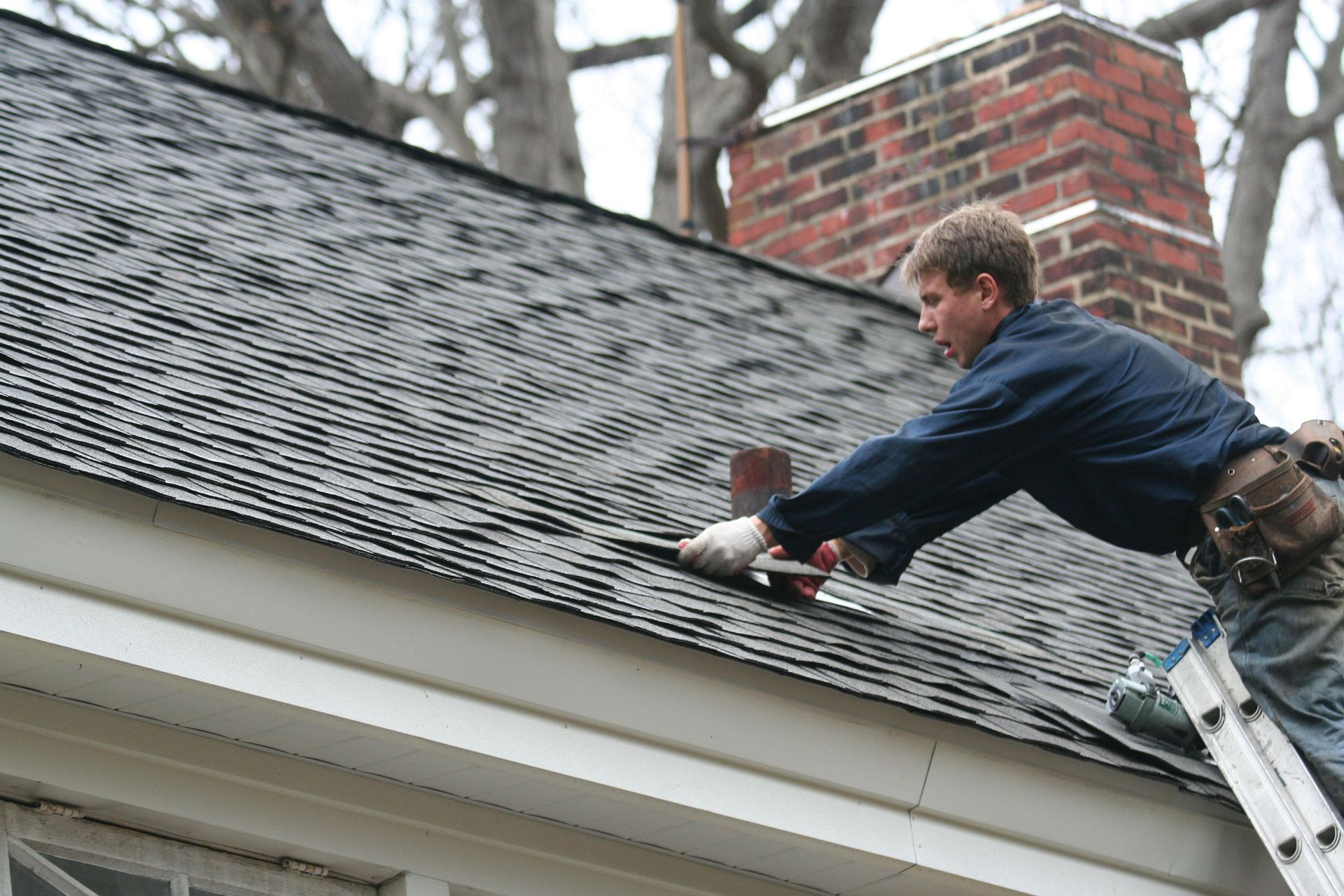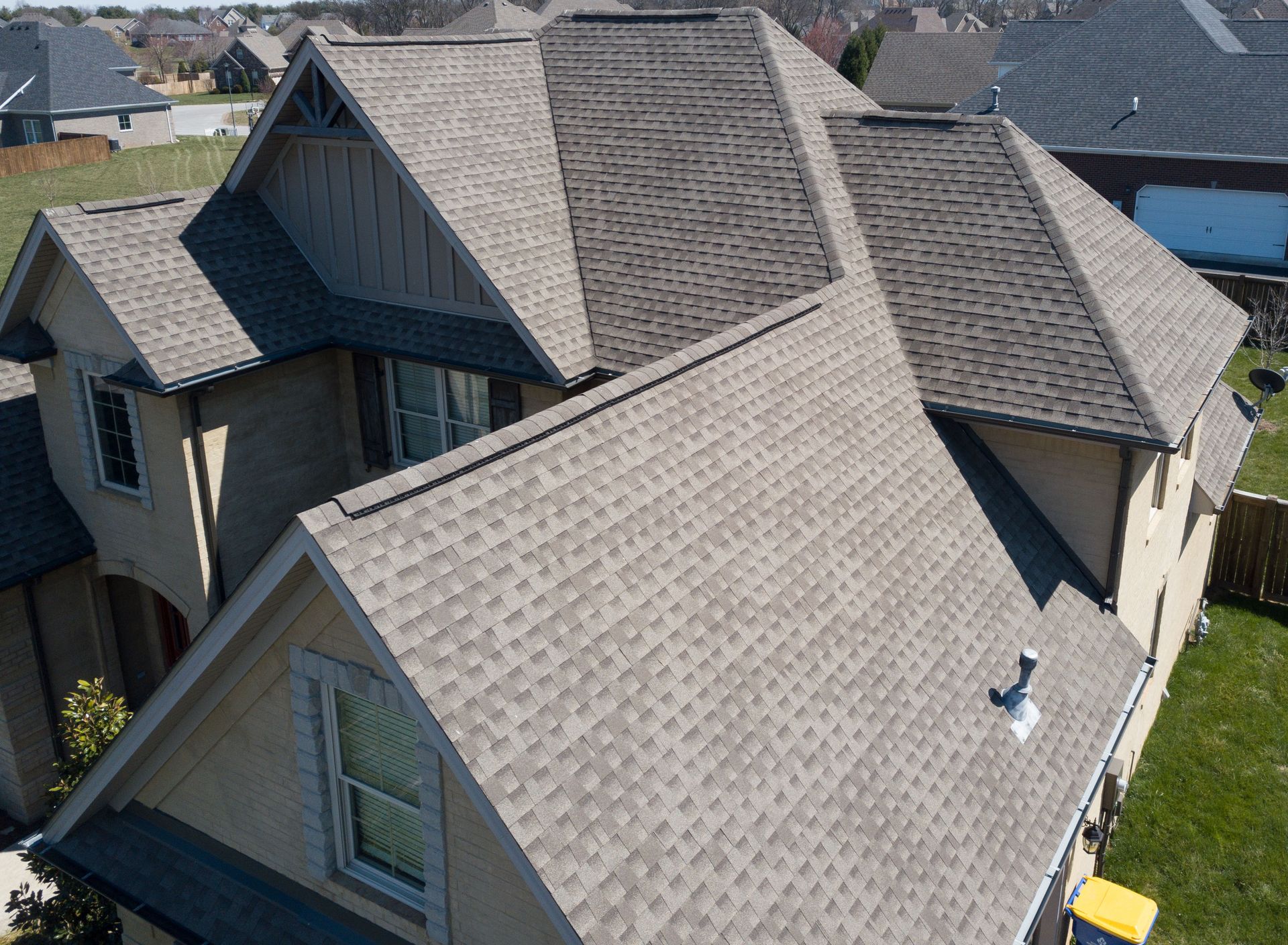The Role of a Roofing Contractor in Roof Repair
Roofing contractors are pivotal in ensuring the safety and longevity of roofs. Their role extends beyond mere construction; they are problem solvers, technicians, and consultants. With a keen understanding of materials and techniques, they safeguard homes from the elements. Their responsibilities involve both repairing and replacing roofs, each with its own set of challenges and methodologies. This article delves into the critical functions they perform, the skills they require, and the broader impact of their work.
Defining the Role of a Roofing Contractor
A roofing contractor is a specialized professional who focuses on the construction and maintenance of roofs. Their primary responsibility is to ensure that roofs are safe, durable, and aesthetically pleasing. They manage the entire roofing project process, from assessment to completion, providing expert guidance on materials and techniques. This role requires a comprehensive understanding of structural standards and building codes to prevent future issues. Their expertise is crucial in mitigating wear and tear caused by environmental factors, thereby protecting the occupants and contents of a building.
Additionally, roofing contractors are responsible for maintaining safety standards throughout a project. They conduct regular site inspections to ensure compliance with safety regulations, protecting both workers and clients. Part of their role involves educating homeowners on maintenance practices to prolong the roof's lifespan. According to Kin Insurance, experts typically recommend that a roof should last approximately 20 years, which can depend on the roofing material, climate, and maintenance routine.
Exploring Specializations in the Roofing Industry
The roofing industry comprises various specializations to accommodate different types of roofs and buildings. Residential roofing contractors, for instance, focus on homes and offer services tailored to the unique needs of residential buildings. Their expertise often covers a range of materials, including asphalt shingles, tiles, and metal roofing. On the other hand, commercial roofing contractors deal with larger-scale projects, requiring an understanding of flat roofing systems and industrial-grade materials.
There are several misconceptions about roofing contractors that can cloud public understanding of their work. One prevalent myth is that all contractors offer the same level of expertise and service. In reality, the roofing industry is diverse, and the quality of work can vary significantly between contractors. Factors such as experience, specialization, and education play critical roles in determining the proficiency and reliability of a contractor. Therefore, due diligence on behalf of property owners is essential when selecting a contractor to ensure they receive quality service.
Looking at Industry Standards and Regulations
A roofing contractor must adhere to strict industry standards and regulations to ensure the safety and quality of their work. Building codes and regulations vary by region, requiring contractors to stay informed about local laws and guidelines. These standards cover various aspects of roofing work, including materials, methods, and safety measures. Compliance with these regulations is non-negotiable, as it ensures that roofs can withstand local weather conditions and meet safety criteria. Contractors must also stay up-to-date on any changes to these codes to prevent legal issues and ensure the longevity of their projects.
In addition to local building codes, contractors must conform to national standards established by organizations such as the National Roofing Contractors Association (NRCA). These standards govern ethical practices, technical guidelines, and customer service expectations. Adhering to these comprehensive rules ensures a consistently high level of service and accountability within the industry. Failure to comply can result in fines, delays, and damage to a contractor's reputation. As such, contractors invest time and resources into training and certification programs, ensuring they are well-equipped to deliver projects that meet or exceed industry benchmarks.
Recognizing the Complexity of Roofing Work
Some individuals also underestimate the complexity and skill involved in roofing work. Contrary to the belief that roofing is a simple task, it requires technical knowledge, precision, and an understanding of various materials and environmental factors. Roofing contractors must adapt to diverse challenges, including weather conditions, structural variations, and emerging technologies. By recognizing the intricacies and expertise involved in roofing, clients can better appreciate the value that professional contractors bring to their projects. Addressing these misconceptions contributes to a more informed public and a greater appreciation for the roofing profession.
A roofing contractor must possess a variety of technical skills to conduct effective repairs and replacements. A deep understanding of roofing materials, including asphalt, metal, tile, and wood, is crucial. This knowledge allows a roofing contractor to select materials that best meet a client's needs and can endure the specific demands of local weather conditions. Selecting the right materials is crucial for ensuring long-lasting and reliable roofing solutions.
Utilizing Tools for Precision and Efficiency
In addition to material expertise, roofing contractors must be proficient in using a wide range of tools and equipment. Tools such as roofing nail guns, tile saws, and safety harnesses are essential for performing tasks accurately and safely. Mastering these tools ensures efficiency and precision, which helps reduce the risk of costly errors or oversights. A skilled roofing contractor combines knowledge and technical ability to deliver high-quality results on every project.
Strong communication skills are indispensable for roofing contractors, facilitating effective interactions with clients, team members, and suppliers. Clear communication from the outset establishes realistic expectations regarding project timelines, budgets, and outcomes. This openness fosters trust and confidence between contractors and clients, thereby reducing misunderstandings and refocusing attention on the project's needs. Contractors must be adept at conveying technical information in a clear and accessible manner, ensuring that clients understand the process and can make informed decisions. This client-centric approach differentiates successful contractors in a competitive market.
Strengthening Team Coordination and Supplier Relations
Effective communication is equally crucial within the contractor's team, fostering a collaborative environment necessary for successful project execution. Ensuring that all team members are aligned with the project objectives and safety protocols enhances productivity. It minimizes confusion. Regular meetings and updates facilitate this alignment, providing opportunities to address challenges and distribute tasks more efficiently. Additionally, contractors often depend on suppliers for the timely delivery of materials. Maintaining consistent communication ensures seamless supply chains and minimizes project disruptions.
Continuing education and training are integral for roofing contractors committed to maintaining high standards in their work. The roofing industry is dynamic, with frequent advancements in materials, technologies, and techniques. By engaging in ongoing learning opportunities, contractors ensure they remain knowledgeable and skilled in the latest developments. Participating in workshops, seminars, and courses allows them to hone their skills and extend their service offerings. This commitment to professional growth not only enhances their credibility but also their ability to offer solutions that meet the ever-evolving needs and expectations of consumers.
Expanding Expertise Through Training and Networking
Training programs also act as a refresher on core principles, reinforcing effective practices and introducing new regulations that may affect roofing projects. For some contractors, additional training may focus on specialty areas, such as energy-efficient roofing systems or sustainable building practices. Additionally, many contractors become involved with trade associations that provide resources and networking opportunities to facilitate shared learning experiences. This collective exchange of ideas leads to industry-wide improvements, equipping contractors to tackle challenges with modern solutions, such as technology-driven tools or green roofing applications.
Continual education and training represent a proactive approach to career development and industry contribution. Contractors who stay informed enhance their ability to deliver quality projects, upholding their reputation within competitive markets. This lifelong pursuit of knowledge improves their adaptability, allowing them to transform challenges into opportunities for innovation. If you need an experienced roofing contractor to help with your roof repair or replacement, contact All Over Roofing.






Share On: